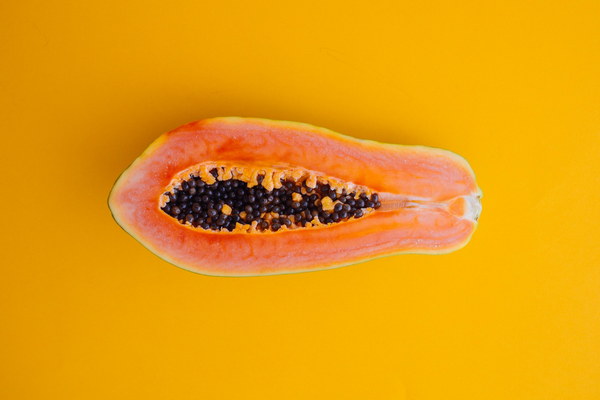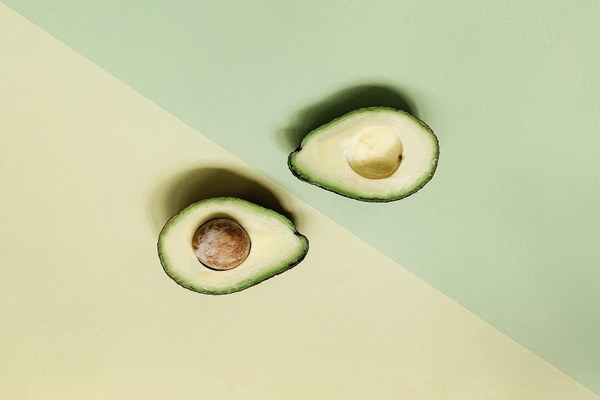Nurturing Your Dog's Health Essential Tips for Kidney and Liver Care
In the world of pet care, ensuring that our furry friends lead healthy and fulfilling lives is our top priority. Among the many aspects of canine health, kidney and liver function are critical. These vital organs play a crucial role in filtering toxins, producing essential enzymes, and maintaining overall well-being. Here’s a comprehensive guide to nurturing your dog’s kidney and liver health.
Understanding Kidney and Liver Function in Dogs
Before diving into the specifics of care, it’s important to understand the functions of these organs:
- Kidneys: The kidneys are responsible for filtering waste products from the blood, balancing electrolytes, and producing urine. They also help regulate blood pressure and produce hormones that are important for red blood cell production and bone health.
- Liver: The liver is the largest internal organ and performs over 500 functions. It filters blood, metabolizes nutrients, produces bile to aid in digestion, and detoxifies harmful substances.
Nutritional Tips for Kidney and Liver Health
1. Balanced Diet: Feeding your dog a balanced diet rich in high-quality protein, healthy fats, and essential vitamins and minerals is crucial. Look for commercial dog food that is formulated to support kidney and liver health.
2. Omega-3 Fatty Acids: These healthy fats can help reduce inflammation and support liver function. Fish oil supplements are a great source of omega-3s.
3. Antioxidants: Foods high in antioxidants, such as blueberries, spinach, and carrots, can help protect your dog’s liver and kidneys from oxidative stress.
4. Moderate Protein Intake: While protein is essential, too much can be hard on the kidneys. Ensure that your dog’s diet is well-balanced and consult with your veterinarian about the appropriate amount of protein for your pet’s specific needs.
Lifestyle Recommendations
1. Regular Exercise: Keeping your dog active helps maintain a healthy weight, which is important for kidney and liver health. Regular exercise also improves blood flow and aids in the removal of waste products.
2. Regular Check-ups: Regular veterinary visits are crucial for monitoring your dog’s kidney and liver function. Early detection of any issues can lead to more effective treatment.
3. Hydration: Ensuring your dog stays well-hydrated is vital for kidney health. Provide fresh water at all times and encourage your dog to drink by using water fountains or adding ice cubes to their bowl.
Avoiding Toxins and Risks
1. Toxic Foods: Some human foods can be toxic to dogs, such as grapes, onions, garlic, and chocolate. Always check the safety of foods before offering them to your pet.
2. Pesticides and Chemicals: Keep your dog away from areas where pesticides or other chemicals are used, as these can be harmful to their kidneys and liver.

3. Medications: Certain medications can affect liver and kidney function. Always consult with your veterinarian before giving your dog any over-the-counter or prescription medications.
Monitoring and Early Detection
1. Changes in Behavior: Pay attention to any changes in your dog’s behavior, such as decreased appetite, vomiting, diarrhea, or changes in drinking or urination habits, which could indicate kidney or liver problems.
2. Regular Blood Work: Routine blood tests can help detect early signs of kidney or liver dysfunction.
By following these guidelines and maintaining a proactive approach to your dog’s health, you can help ensure that their kidneys and liver remain strong and healthy. Remember, a little prevention goes a long way in the world of pet care. Keep your dog happy and healthy with these essential tips for kidney and liver care.









